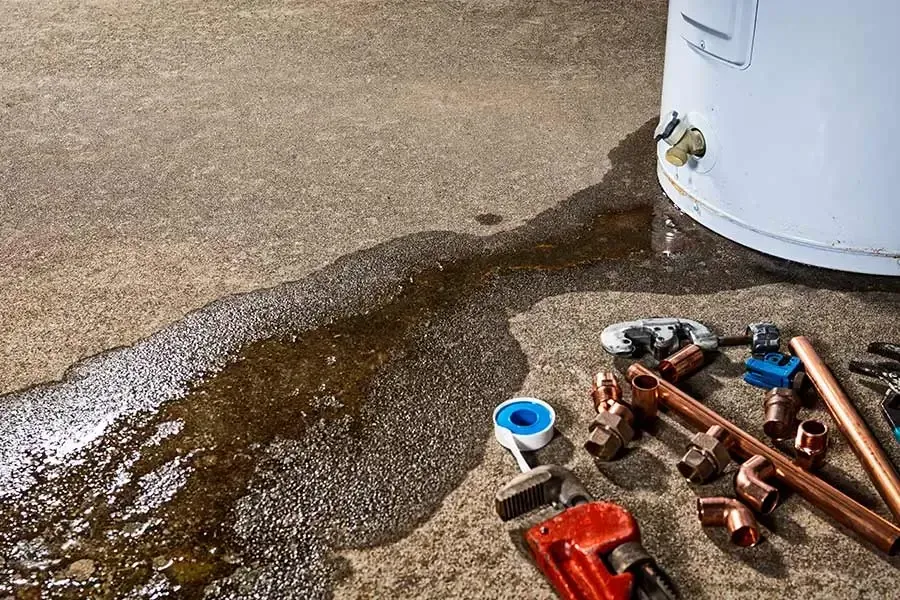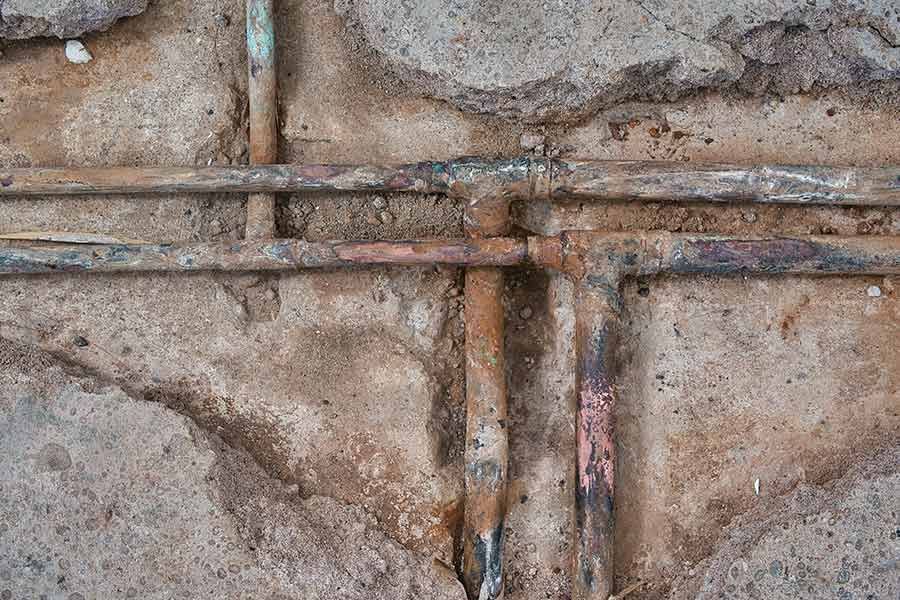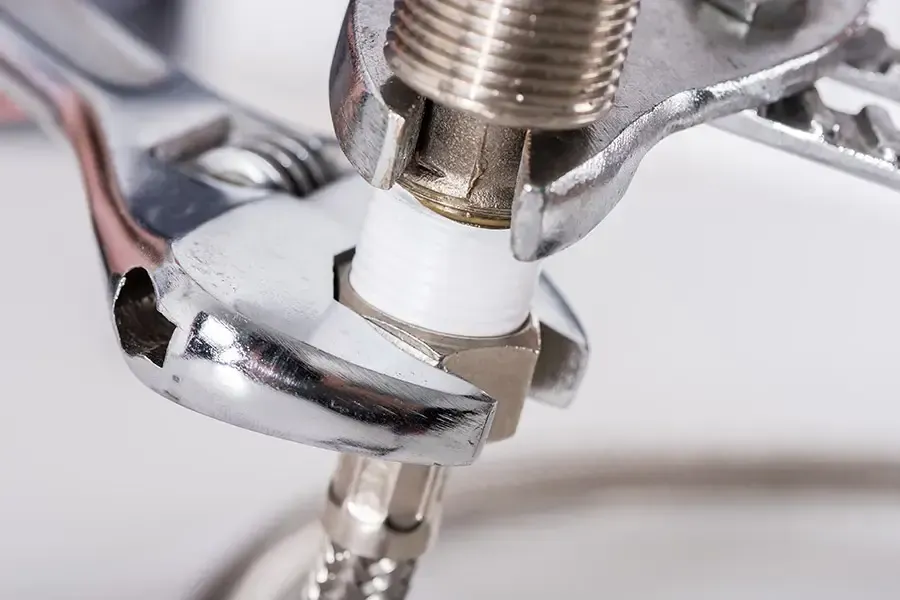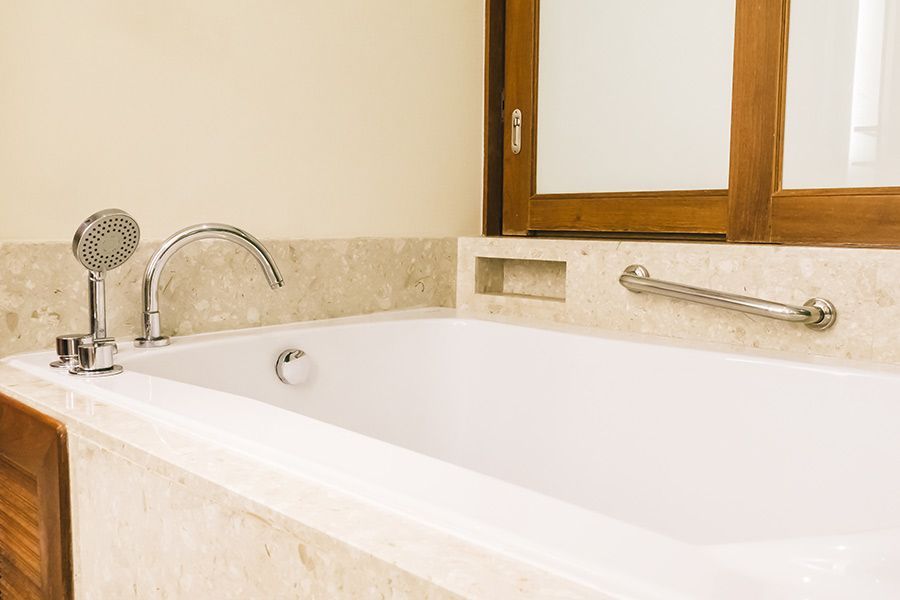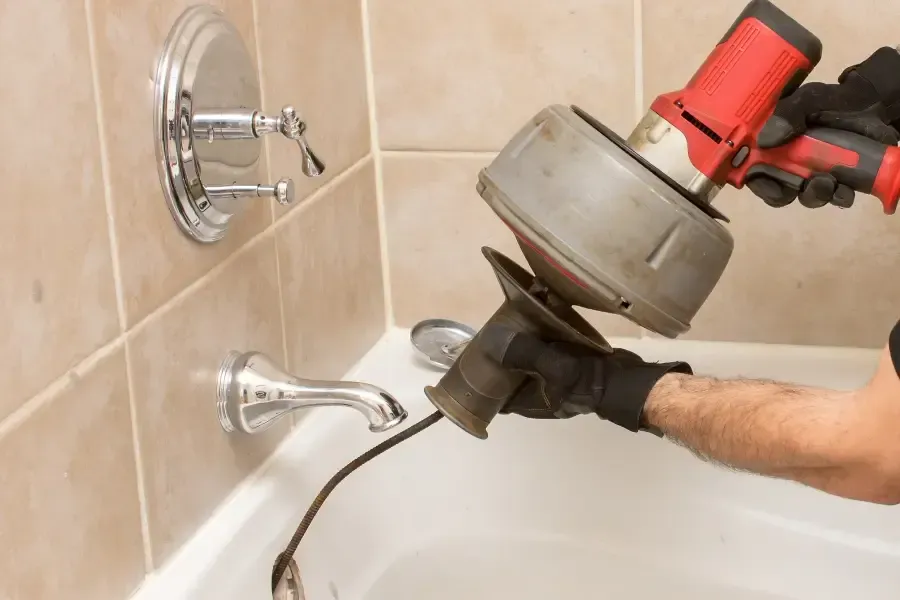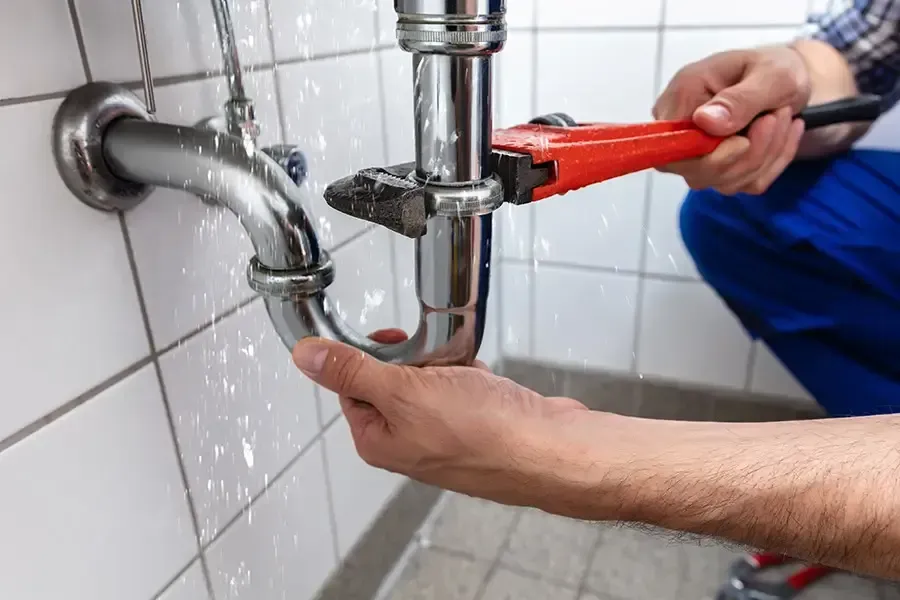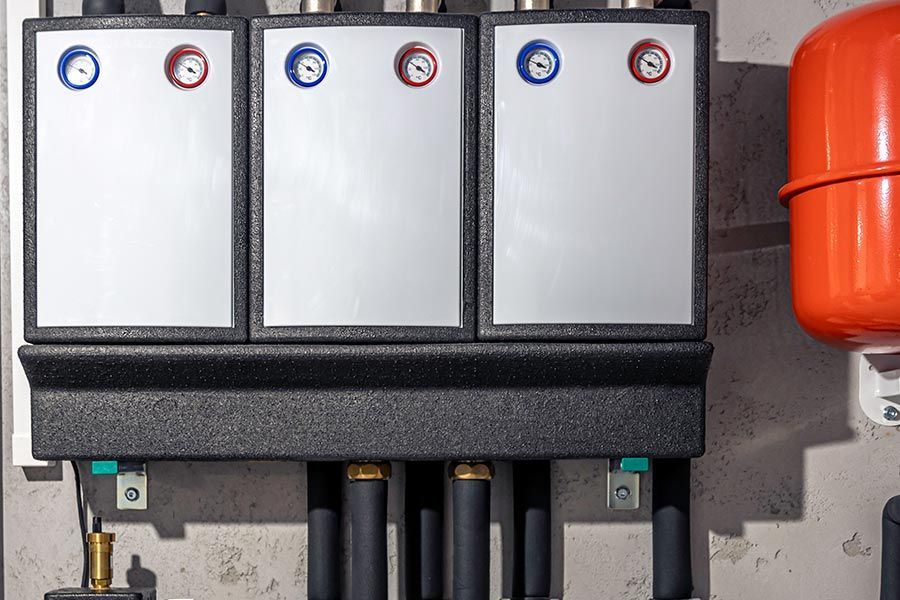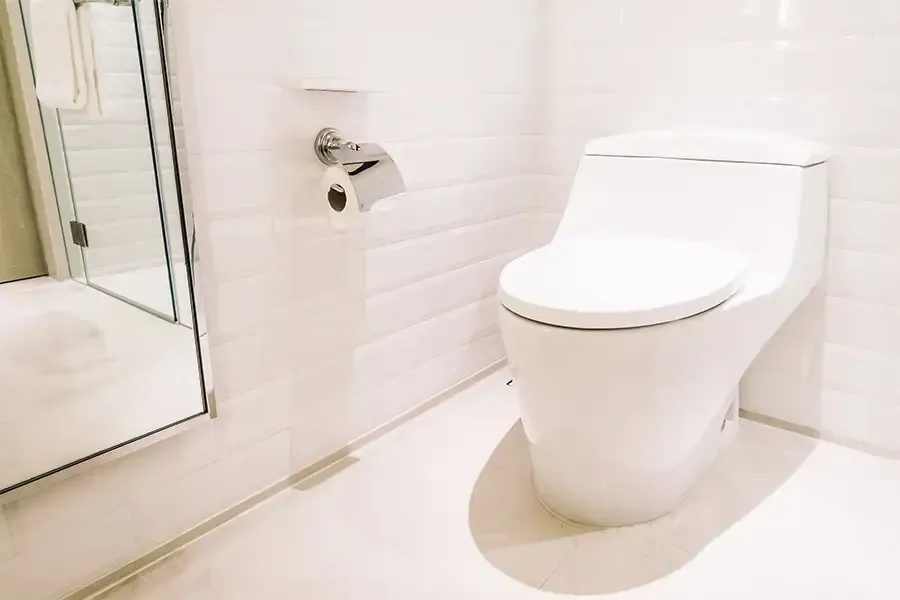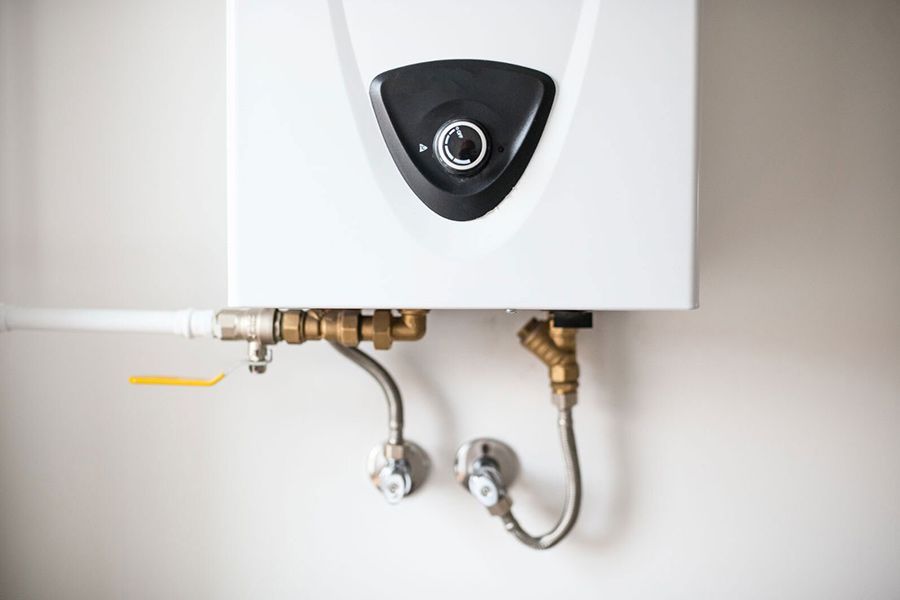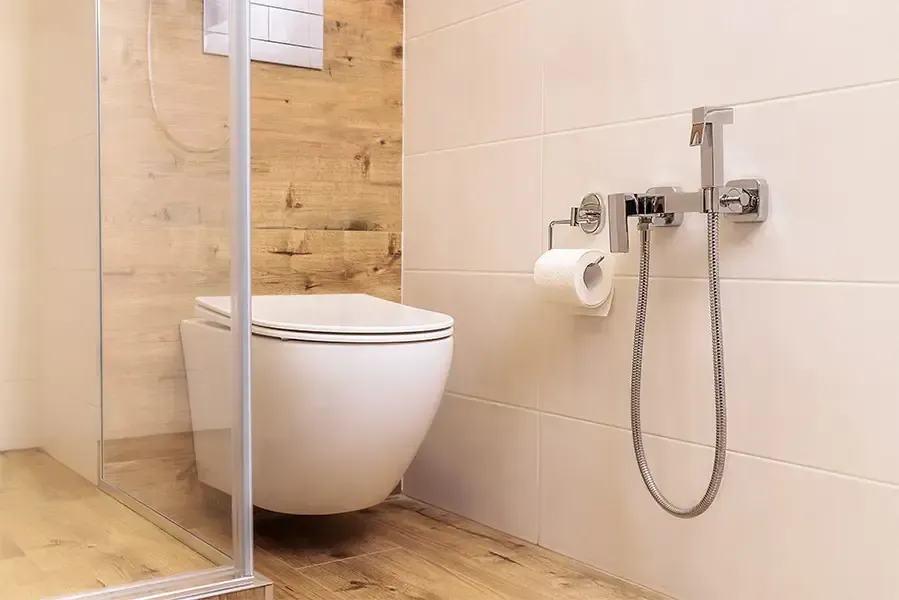We have 24 Hour Service!
What Causes Air in the Water Pipes and How To Remove It
Air in your water pipes can cause water flow problems and unnecessary noise as you use your water faucets. It becomes a plumbing problem that most people can't ignore. Fortunately, you don't have to endure it for too long.
You can learn a quick fix for removing the air bubbles on your own without seeking professional help. But first, what causes air in the water pipes? As the top plumber in Cleveland Heights, OH, we know all the possible causes, and we'll share them with you in this article.
Possible Causes of Air in Your Water Pipes
Some of the possible causes of air in your water pipes include the following:
Leaks in Your Pipework
If you have any leaks in your pipework, air can enter the water lines through them. Any such leaks can throw your home's water supply network out of balance, causing significant water pressure problems. Also, the amount of air in your plumbing system will continue to increase, worsening the noise and water flow issues.
Broken Parts in Your Plumbing System
Air can enter your water pipes through broken plumbing parts. Most of them will break down over time due to wear and tear. When this happens, it can hamper the efficiency of your plumbing system in diverse ways, including pushing air into your water pipes.
Two parts that come to mind here include the following:
- Thermostat: A broken water heater thermostat can encourage hot water pockets to form and trap air inside your pipes. In this situation, your water will be too hot, and you'll hear gurgling sounds when using faucets—especially those close to the thermostat.
- Pressure relief valve: A broken or leaky valve will have the same effect on your plumbing system as a leaky piping system. In some cases, the problem may go beyond lowering your water pressure and noise to halting your water supply completely.
Maintenance Work on Your Water Lines
If you have just completed maintenance work or installed a new fixture on your water lines, you'll likely have trapped air in the pipes. You may also experience trapped air in your water lines if you share the plumbing infrastructure with a neighbor that completed an upgrade recently.
In most cases, the trapped air stems from natural airflow during the installation or maintenance work. However, it could also signify ill-fitting or incorrect installation.
Use of Well Water
If you use well water and you experience air bubbles in the plumbing fixtures and faucets, it may be due to either of the following:
Drought
If your well can't get enough water supply due to drought, the pump system will suck in air as it functions. The trapped air will make its way into your piping and faucets. The problem will persist for as long as the drought continues.
Well Pump Problems
If the well pump struggles at its job, it will likely introduce air bubbles to your water lines, in addition to lowering your water pressure.
Why Should You Remove Air From Your Water Pipes?
Now that you know what causes air in the water pipes, let's ask the next question: Should you ignore the problem or act on it? The reality is that air bubbles in your water pipes will most likely not cause damage to your plumbing. The impact often remains superficial. Thus, you can expect to experience:
- Loud noise coming from the water lines
- Reduction in water pressure
- Inconsistent water delivery from your faucets
- Corrosion and rust of fixtures
DIY Method To Remove Air From Your Water Pipes
You can remove air from your water pipes by doing the following:
Turn Off Your Main Water Supply Valve
Go to your main water supply valve and turn it off. The valve is responsible for controlling water flow into your home. You can find it outside or inside your home. If you can't find the valve, you'll need to call a professional plumber to remove the air in your pipe.
Open All the Faucets in Your Home
To remove air from your pipes, open all the faucets in your home connected to your water mains, including your dishwasher and washing machine.
You don't need to open the faucets completely. Opening them halfway is enough. When opening the faucets, start with the one closest to the shutoff valve and work your way upward from there. Don't forget to empty your toilet tanks as well.
You'll have to wait a while for all the faucets to run dry. The wait time will come down to how much water you had in the water pipes before you closed the main supply valve.
Turn On the Water Valve Again
Let all the faucets run for about 10-15 minutes. This will allow enough time to eject all the air bubbles and return your water pressure to normal. Flush the toilets and run your dishwasher and washing machine during this interval.
Once you confirm that the loud noise is gone, you've successfully removed the trapped air in your water pipes.
Turn Off the Faucets
When turning off your faucets, you must start with the one furthest from your main supply valve and then work your way down. If you don't follow the correct order, you may undo your efforts thus far. With the faucets all turned off, you've completed the job.
Request Professional Help for Air Bubbles in Your Water Pipes
If none of the points we covered here on what causes air in the water pipes apply in your situation and our DIY fix doesn't work for you, it's time to call in the professionals at Formica Plumbing & Sewer Co.
In some cases, you could have more serious plumbing issues, such as water hammer or hidden slab leaks. Some of these hidden problems can cause water pipe corrosion if you ignore them long enough.
Call the Formica Plumbing & Sewer Co. team in Wickliffe, OH, today at
(440) 485-3850 to return your water pipes to peak performance again.
Formica Plumbing and Sewer Co. provides courteous, friendly, affordable, and effective residential and commercial plumbing services.
OUR SERVICES
CONTACT INFO.
Formica Plumbing & Sewer Co.
1445 E 289th St, Wickliffe, OH 44092
Plumbing License # 47834
EMERGENCY SERVICE
AVAILABLE
All Rights Reserved | Formica Plumbing and Sewer Co.

